Teflon cable is an excellent choice for high temperature applications. It can work in temperatures as high as 150 degrees Fahrenheit, making it an ideal choice for fiber temperature sensing systems. It has superior insulation properties and a higher melting point than polyethylene, making it an ideal material for these high temperature applications. Teflon cables are typically made with stainless steel flexible tubes, aramid yarn, and stainless steel braiding.
Teflon wire
Teflon wire and cable are used extensively in a number of industries, including electronics, mobile devices, and computers. They can also be used as separators on conductive surfaces. These materials offer an almost limitless range of applications and are suitable for any electrical appliance. The growing popularity of electric vehicles and other electric devices means that the demand for Teflon-coated wires and cables will increase.
When shopping for Teflon insulated wire, you should buy it from a manufacturer that guarantees a consistent quality. This is crucial because there are many different quality levels of Teflon-coated wire and cable on the market. Companies such as ZW, which produce superior rubber, branch, and power cables, have standardized quality control systems. They also use advanced testing equipment to meet production design specifications.
Aside from being flexible and supple, Teflon wire and cable is resistant to heat, oil, and chemical substances. It is particularly useful for applications requiring long-lasting products. It can also resist fire and ozone, making it an excellent choice for electronics and electrical parts.
UL certification is an additional sign of quality. UL certification of Teflon cable and wire ensures that it is safe for electrical equipment. It also has corrosion-resistant properties and is resistant to alkali. You should never purchase a Teflon wire or cable that is not UL-certified. Cheaper alternatives can cause electrical safety hazards for your family.
Teflon wire is similar to silicone wire, but has superior heat resistance. Teflon wire is widely used in household appliances, cooking equipment, and more. It has also proven its versatility in many other fields. The most common applications for Teflon wire are in the aerospace, food, and petroleum industries.
Teflon wire and cable can withstand temperatures up to 150 degrees Celsius. This makes them the perfect materials for a range of high-temperature tasks. PTFE wires are also used in flight simulators, thermal power plants, and telecommunications.
Silicone wire and cable are similar to Teflon in temperature and voltage ratings, though silicone wire and cable have better flexibility. Both have their pros and cons, and you should decide for yourself based on your specific needs. If you are buying a general-purpose hook-up wire, silicone wire will probably be your best option.

 ENGLISH
ENGLISH 简体中文
简体中文 GERMAN
GERMAN SPAIN
SPAIN
 +86 181-5747-1135
+86 181-5747-1135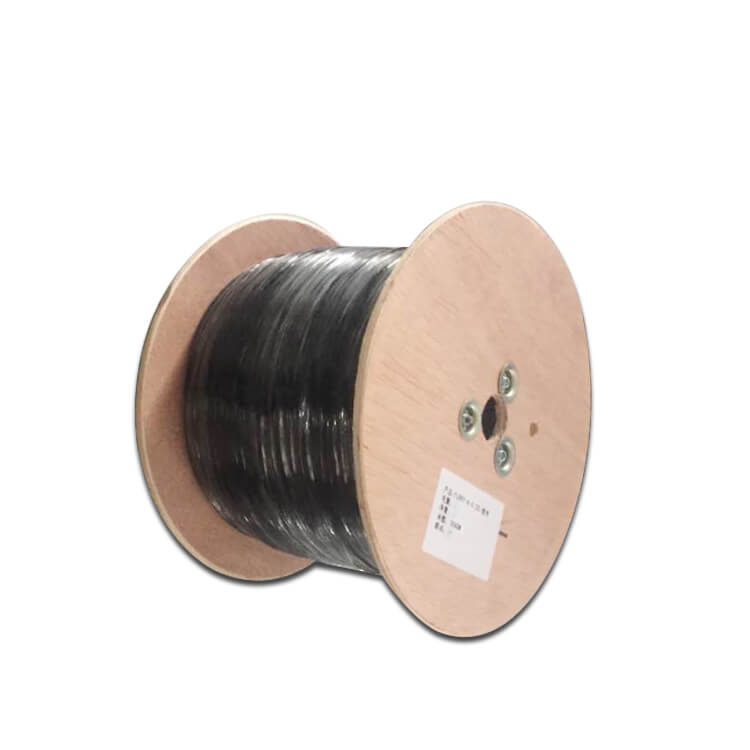
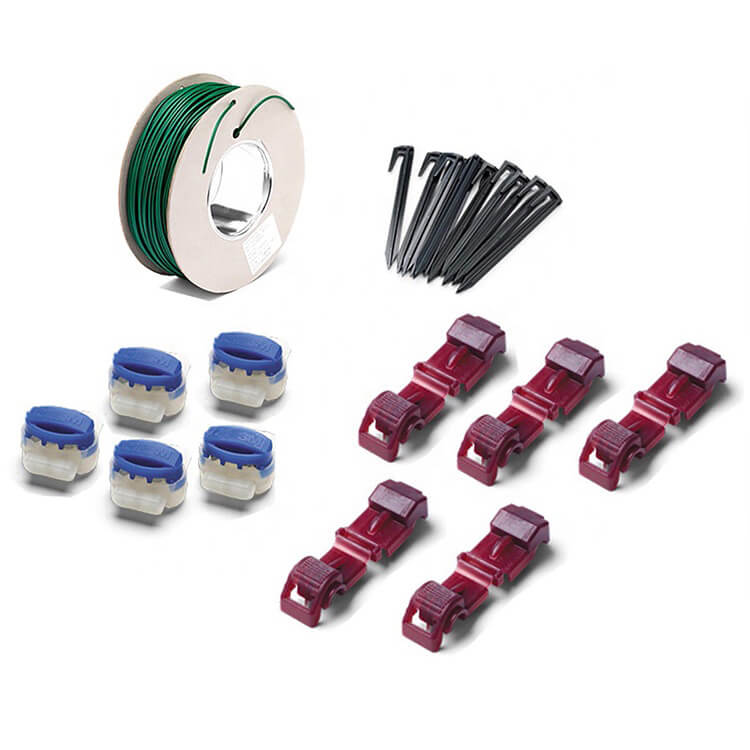
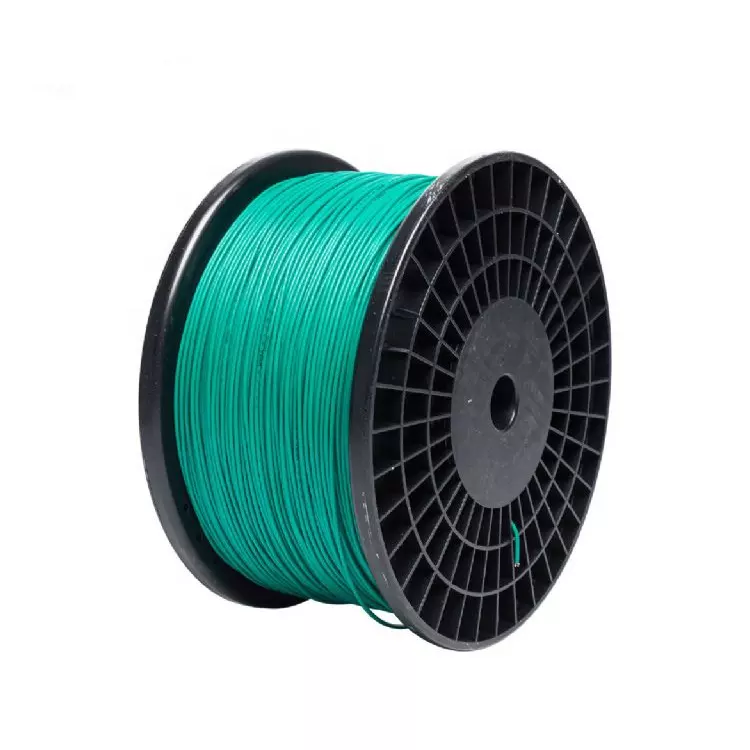



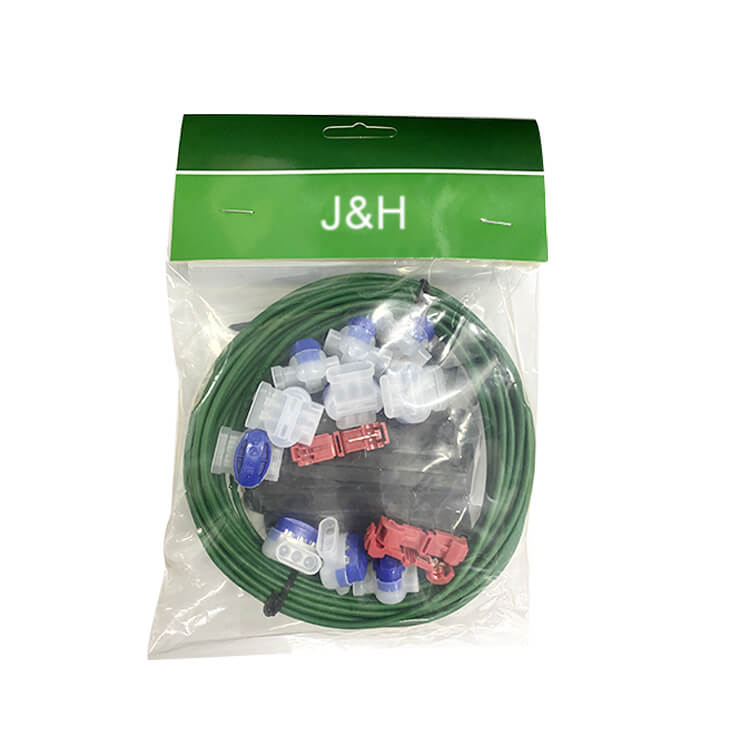
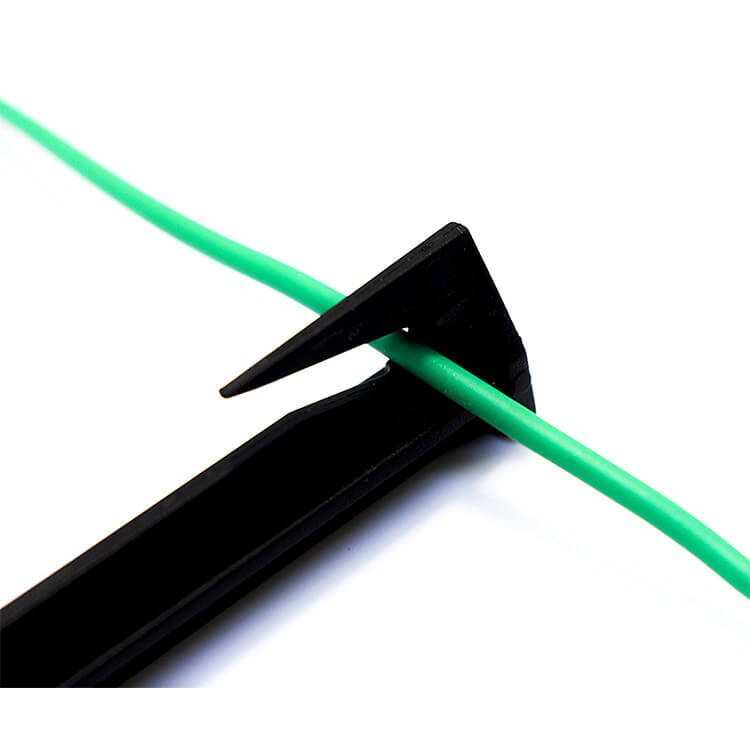
 Abroad:+86 181 5747 1135
Abroad:+86 181 5747 1135 FAX: +86 574 8900 7636
FAX: +86 574 8900 7636 E-mail:
E-mail: 

 read the map
read the map

